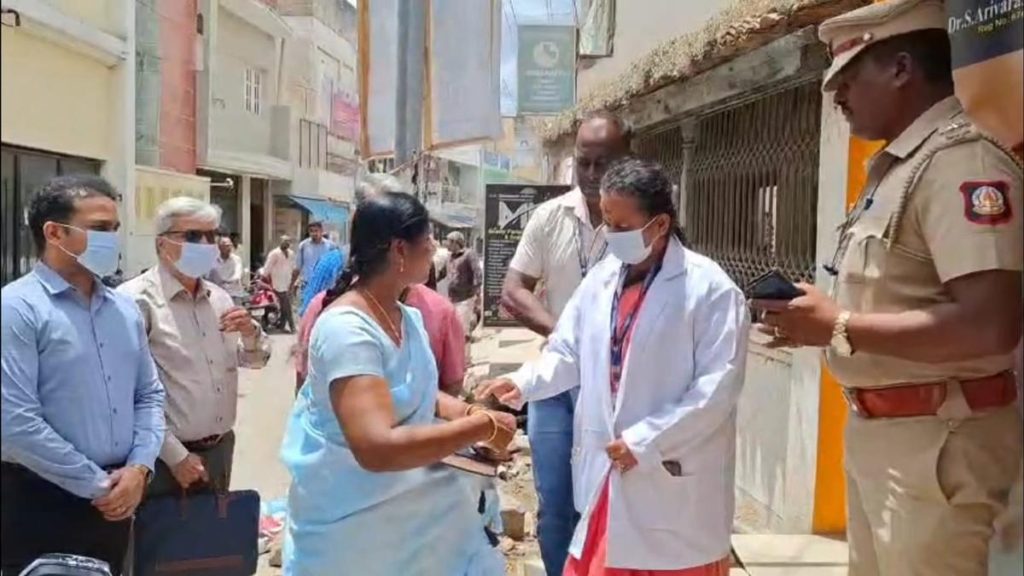Now Reading: Punjab Agricultural University Set to Begin GM Maize Field Trials
-
01
Punjab Agricultural University Set to Begin GM Maize Field Trials
Punjab Agricultural University Set to Begin GM Maize Field Trials
Swift Summary
- Confined field trials for genetically modified (GM) maize are set to begin during the ongoing kharif season at Punjab Agricultural University (PAU), following approval from the Genetic Engineering Appraisal Committee and consent from the Punjab government.
- Two types of GM maize being studied: herbicide-tolerant transgenic maize and insect-resistant transgenic maize.
- The trials aim to evaluate weed-control efficacy using Glyphosate-K salt application and pest protection against lepidopteran insects.
- PAU vice-Chancellor Satbir Singh Gosal emphasized these trials are strictly for research purposes, with no involvement in decisions regarding commercialisation of GM crops.
- Opposition has been raised by the Coalition for a GM-Free India,which cites concerns over glyphosate’s adverse impacts on human health and the surroundings.
- Glyphosate was banned in Punjab in 2018, yet herbicide-tolerant maize designed to withstand it is part of these trials.
- Activists urged withdrawal of Punjab’s No Objection Certificate (NOC),citing inconsistency with existing glyphosate regulations.
Indian Opinion Analysis:
The initiation of confined field trials for GM maize marks a critical moment in India’s agricultural research landscape. While proponents see this as an opportunity to explore potential solutions for pest resistance and weed management, opposition voices have raised valid concerns about environmental safety and health risks due to glyphosate usage-an issue especially sensitive given its prior ban in Punjab.
The distinction made by PAU between research efforts versus commercial implications is notable but may not address broader public apprehension about regulatory coherence or transparency within India’s genetic modification policies. Policymakers must balance scientific inquiry with public trust through rigorous assessments that align local bans with federal permissions to avoid confusion or reputational damage.
Given its national repercussions, this progress will likely play a pivotal role in shaping future discourse around genetically modified crops in India – their safety, benefits, regulatory framework consistency – even beyond agriculture into sustainability realms.
Read more: link
























